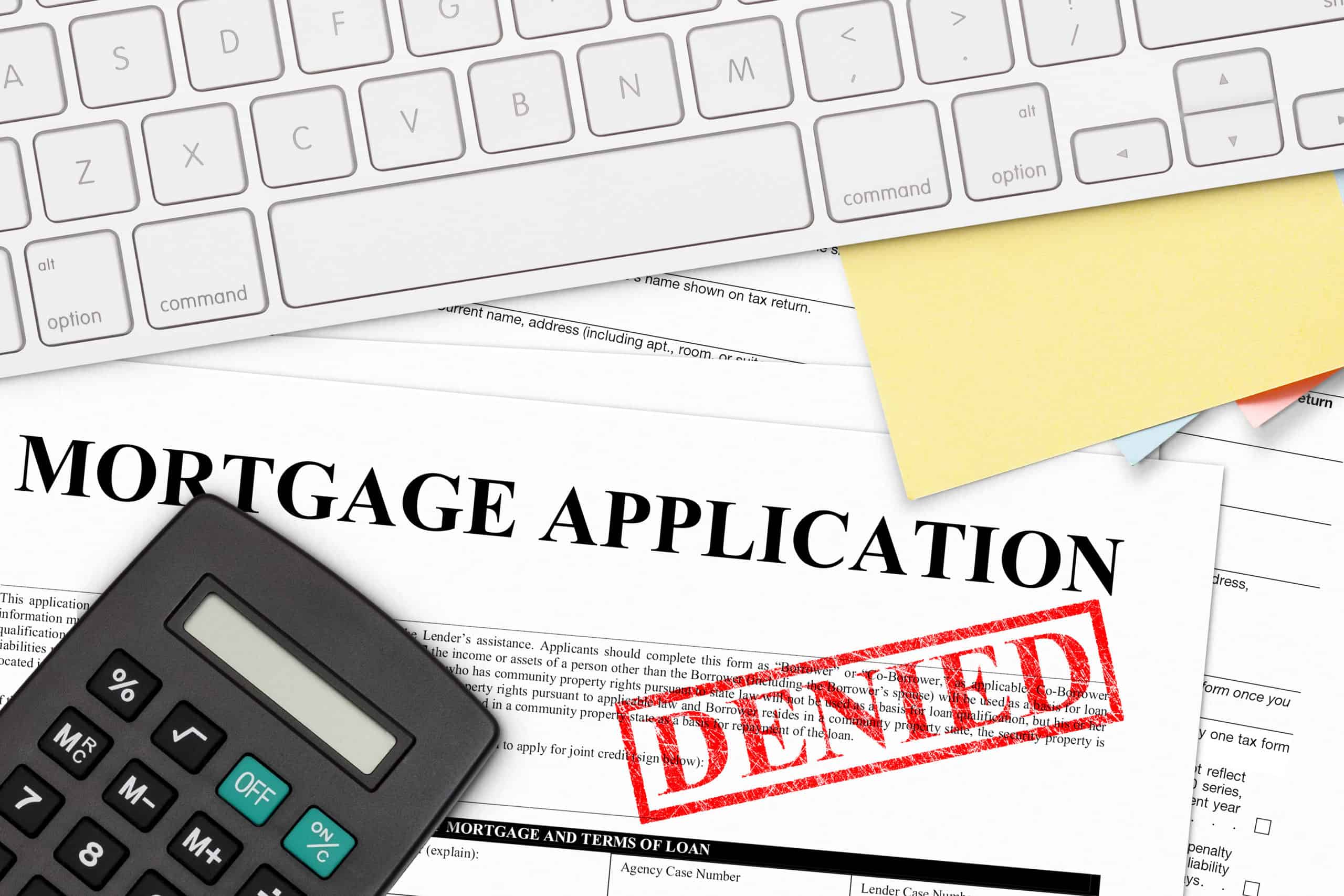
Other reasons noted in the research included being a sole trader (15%) and being a director of a limited company (14%).
The survey looked at the impact of mortgage rejections following a record year of mortgage applications.
The impact can be devastating, with almost a third (31%) claiming they were left feeling depressed whilst 29% said they were treated unfairly.
Brits also claimed that being rejected for a mortgage affected their confidence (26%), made them feel marginalised (21%) and impacted their mental health (21%).
According to the research, 35% said that they wouldn’t want to go through the stress of applying or are unlikely to apply at all for fear of being rejected.
Paul Coss, co-founder of Haysto, said: “Getting a mortgage when you’re self-employed can be difficult, as mortgage lenders tend to prefer people in full-time employment because it’s easy and simple to understand their income.
“Being self-employed, your income isn’t as straightforward, and people shouldn’t be penalised for that.
“Despite self-employed people usually earning more money than if they were on a salary, mortgage lenders just aren’t set up to deal with complex incomes.
“That’s why at Haysto we support people who are left to one side in helping make their dream of owning their own home a reality.
“There are just under five million self-employed people in the UK and we don’t think it’s fair that mortgages should be more difficult if you choose to earn your living this way, especially as COVID has impacted the self-employed so much in the last year already.
“This is why we specialise in getting mortgages for people who don’t fit the typical mortgage applicant mould.”



